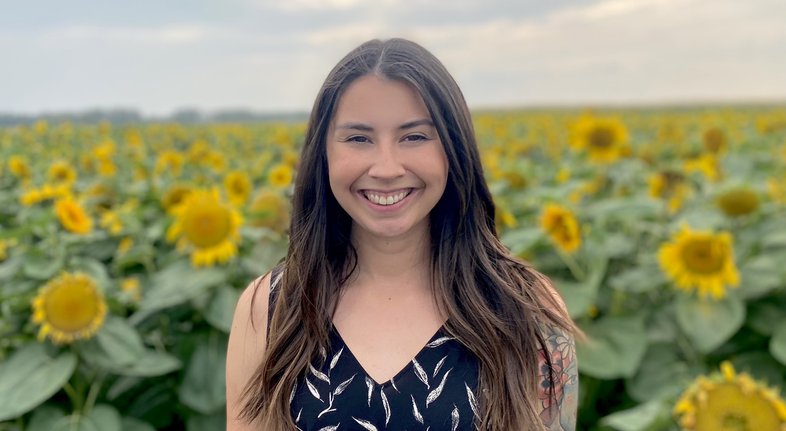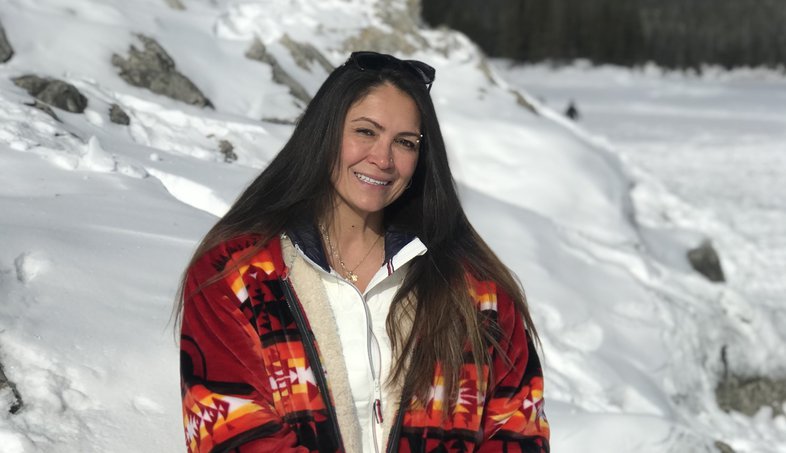The Tarrant Scholarship is awarded each year to third-year medical students from the University of Alberta and the University of Calgary who demonstrate strong interest in studying and developing a career in rural medicine. It is bestowed by the Alberta Medical Association’s Section of Rural Medicine.
The scholarship funds one year of tuition and related fees for third-year medical students from the University of Alberta and the University of Calgary who demonstrate a strong interest in and dedication to rural medicine.
Over the past 19 years, the Tarrant Scholarship has been awarded to 49 deserving third-year Alberta medical students. This translates to over $420,000 in scholarship funds awarded.
We know that many of our scholarship recipients have gone on to practice medicine in rural communities throughout our province and elsewhere. And that really is the ultimate goal and purpose of the Tarrant Scholarship: recognizing and supporting a medical student’s commitment to helping and caring for the people who live and work in rural communities in our province.
The namesake of our scholarship, Dr. Michael Tarrant, was a family physician from Calgary who recognized the uniqueness of rural medicine. He was also concerned about rural physician shortages, and he believed that extra effort is required to ensure that rural Albertans have access to quality health care. He worked tirelessly in support of this cause.
2023 scholarship winners
Hailea Purcell, University of Alberta

Hailea is a third-year medical student who recently moved with her family to Ponoka, where she will be completing her integrated community clerkship for the next nine months. She is Denesuline and a member of Smith's Landing First Nation in Treaty 8 territory. She was born and raised in Edmonton. Her mother is from the small northern community of Fort Smith, Northwest Territories.
She has five years of experience working as a registered nurse in various settings including the emergency departments at University of Alberta and Royal Alexandra Hospitals, Awasisak Indigenous Health Program at the Stollery Children’s Hospital and at the Fort Smith Health Centre in her family’s home community.
As a case manager at the Stollery Children’s Hospital, she provided holistic care and supported the discharge process for patients and their families transitioning from hospital to rural Indigenous communities. She soon realized how unpredictable rural health care services are, specifically on First Nations and Metis settlements. It was in this role where she was inspired by many Indigenous physicians working in urban and rural communities, which led her to pursue a career in medicine.
Over this next year, Hailea will be living and learning alongside rural physicians and allied health care professionals. This learning experience is one step towards her dream of working as a physician in rural and remote First Nations communities.
Tina Nash, University of Calgary

Tina is a member of the Tahltan First Nation, mother to 11 children and grandmother to seven grandchildren. She is a provisionally registered psychologist, and prior to her clerkship year in medical school, Tina worked with the Indigenous Mental Health Program with Alberta Health Services for 21 years.
She holds a B.Sc. in psychology, an M.Sc. in health sciences and health services research, and an M.C. in clinical counselling psychology. Now, at 53 years of age, Tina is in her final year of a doctor of medicine degree at the University of Calgary and completing a longitudinal clerkship in Yellowknife, NT.
Tina sits on numerous committees and working groups that support rural and remote medicine and holds leadership positions that address anti-Indigenous racism and inform care and physician learning though her work with AHS, AMA, IPAC, IMSAC, HSAA and the University of Calgary.
Tina has always wanted to become a rural physician. As a child, she would think of practicing medicine in Africa and trading chickens and goats for care, but as she got older, Tina came to recognize the disparity of health that Indigenous Peoples in Canada face and is now drawn to practicing medicine in rural/remote areas and with Indigenous Peoples.
Before landing on medicine, life took her in different directions that have prepared her for understanding what true holistic health care entails. Tina feels blessed to learn the importance of and ways to promote spiritual and emotionally healing from Indigenous Elders. She has learned through psychology what impacts mental health and psychological healing, and she is now learning in medicine how physical healing manifests itself. It is full-circle learning and understanding of how holistic healing comes from addressing physical, mental, emotional and spiritual aspects of being with every encounter.
Two teachings have guided Tina’s medical school learning and daily practice of medicine. Elder Sykes Powderface of the Stoney Nakoda Nation would say, “The spirit speaks, the heart believes, the mind thinks and the body does. It does not happen in that order for it is always interconnected but it always begins with how you speak to your spirit.” Each day, Tina gets up and greets the day with gratitude – gratitude for the opportunity to learn; gratitude for community, the land, the people; gratitude for treasured relationships along the journey; and gratitude that she gets to love people every day in the most honouring of ways.
The second teaching comes from Dr. Steinhauer, who said, “The best medicine you can give patients is to love them.” Dr. James Makosis built on that sentiment by saying, “We need more love in medicine.” When Tina sees patients and families interact with medical and allied health care staff and reflects on how best to provide care for those in need, these are the teachings that guide her path. She looks forward to practicing family medicine in rural/remote Indigenous communities.
